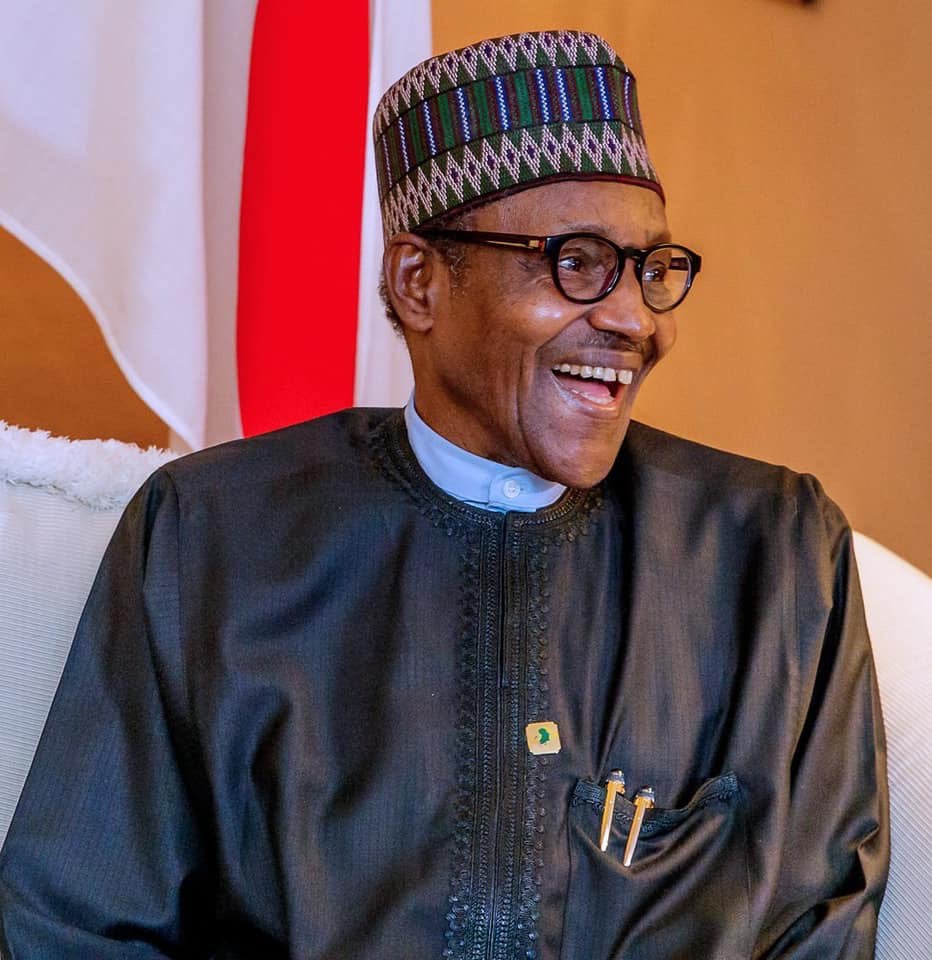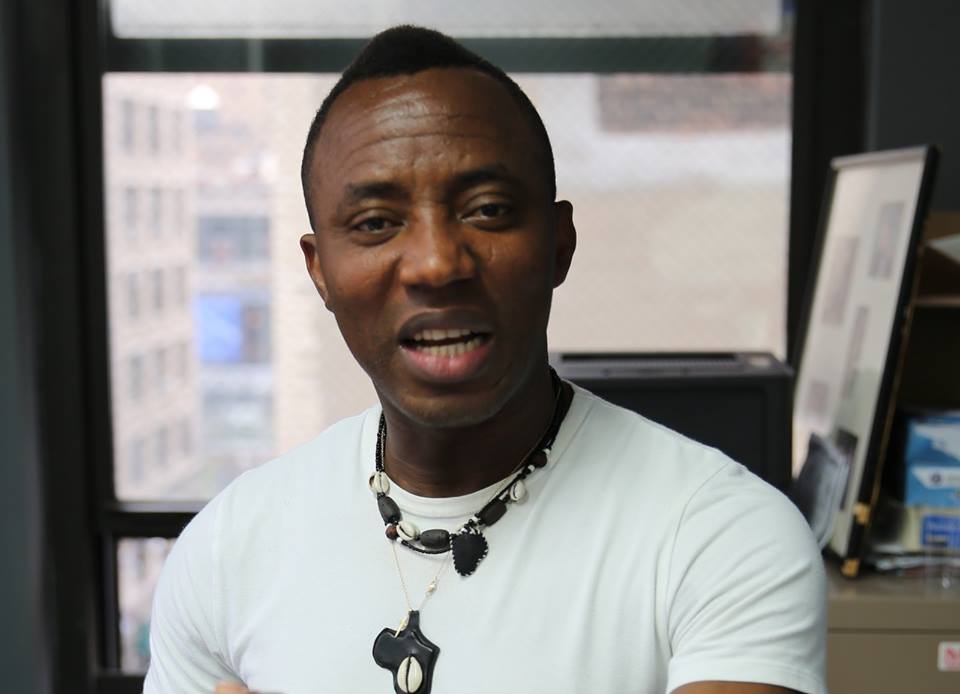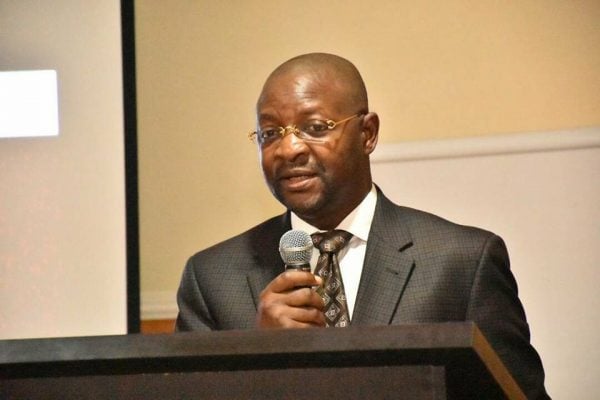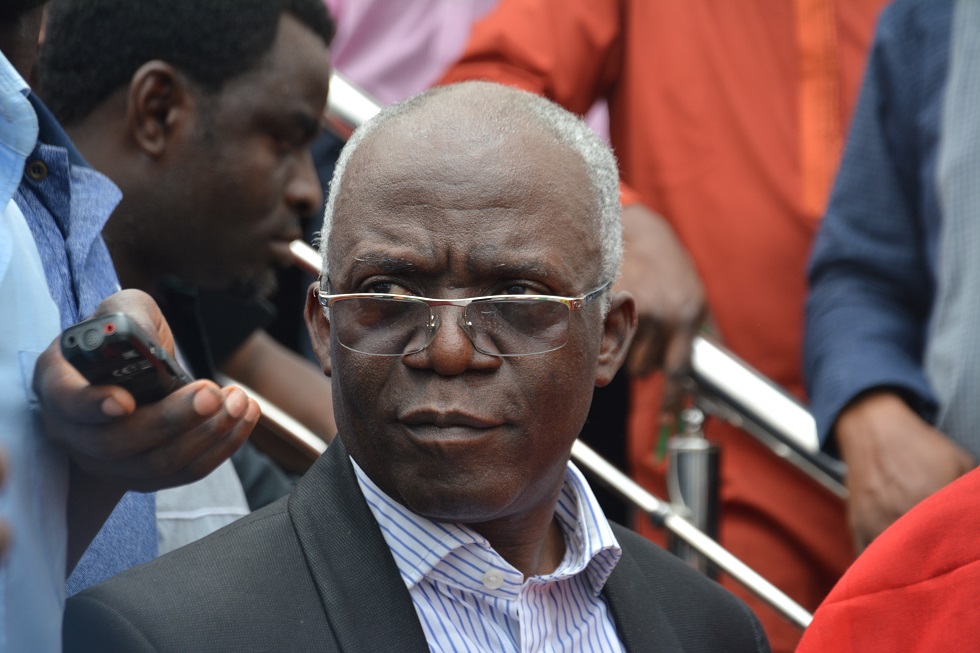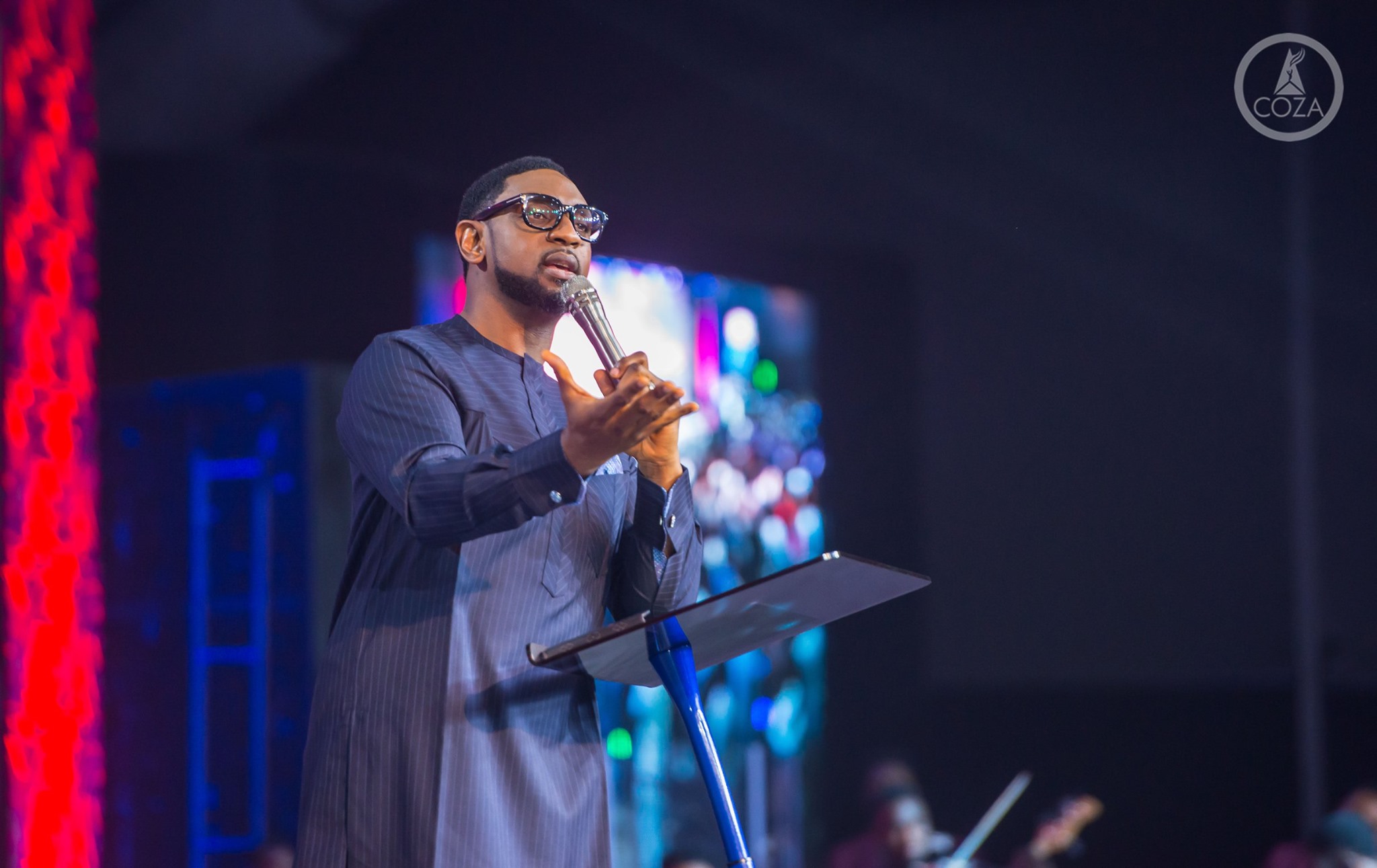President Buhari shares paternity with Paul Biya of Cameroon in leadership style. Both men are joined by the umbilicus of repression and abrasion.
In 2010, Bertrand Teyou, an author, was sentenced to two years’ imprisonment for insulting the wife of the president, Chantal Biya. The Cameroonian government filed charges against him for this spectacular reason.
Under Biya, Southern Cameroon has become the scene of a volcanic crisis – killings, illegal detentions and arrests. Specifically, the government is zeroing in on dissenting voices in effecting these violations.
I think, the situation is much more execrable in Nigeria than in Cameroon.
Advertisement
Amnesty International encapsulates it in these words: ‘’The human rights situation in Nigeria is marked by serious human rights violations such as extrajudicial executions, arbitrary arrests and detentions, torture and other ill-treatment, enforced disappearances, violence against women and girls, restrictions on the rights to freedom of expression, association and peaceful assembly, mass forced evictions, environmental pollution and lack of accountability for human rights violations and abuses.’’
As a matter of fact, the Buhari government has racked up egregious human rights records more than any other administration before it. In 2017, the US Department of State released a convicting exposition on this villainy.
“Impunity remained widespread at all levels of government. The government did not adequately investigate or prosecute most of the major outstanding allegations of human rights violations by the security forces or the majority of cases of police or military extortion or other abuse of power,’’ it said.
Advertisement
“Authorities generally did not hold police, military, or other security force personnel accountable for the use of excessive or deadly force or for the deaths of persons in custody. State and federal panels of inquiry investigating suspicious deaths generally did not make their findings public.’’
I have studied the charges levelled against Omoyele Sowore, publisher of Sahara Reporters, and they ossify my position that the gentleman is being put through a mill of thistles and thorns for being a relentless critic of the administration.
He is charged with ‘’insulting’’ the president, and for transferring money from New York to Nigeria? What a phenomenal charge? Obviously, Sowore’s only crime is that he has a roaring voice which puts the foundations of Aso Rock to fright.
And does it mean words cannot change the General, but they get to him?
Advertisement
Really, the cyber-stalking law, by which Sowore is charged, was fashioned under President Jonathan. This was, perhaps, the former president’s response to social media criticism at the time. But the law, being defective, was never applied under him.
Former president Jonathan was vilified, abused and defamed, but not one Nigerian was incarcerated or charged with ‘’treason’’. In fact, in the north, coffins with photos and semblances of Jonathan were coursed through the streets by dissenters, but not a single protester was detained. And he was even stoned in Yola on his way to Taraba.
These were clearly grievous offences that are punishable by the law. But a democrat will see beyond an act and ask, ‘’why is this happening? Why are citizens angry?’’
Although Jonathan was not without freckles, he exercised his own brutish aspect with the clampdown on media organisations.
Advertisement
Really, only a non-performing government will be afraid of citizens’ protests or interpret civil actions as subversion. Only a failing administration will be extremely irritated by criticisms and divergent opinions.
In the case of Sowore, he has exercised himself in the discipline of civil opposition. He has only used his voice as a protected child of the Nigerian constitution.
Advertisement
Section 39(1) of the 1999 constitution establishes that “Every person shall be entitled to freedom of expression, including freedom to hold opinions and to receive and impart information without interference.”
This is the grundnorm to which all laws submit. This is the pillar on which our democracy is built.
Advertisement
The charges cannot stand.
But why do dictators rise in Africa?
Advertisement
It is because of the people, who do nothing; who enable them and who only pray for an end to their suffering.
By Fredrick Nwabufo; Twitter: @FredrickNwabufo
Add a comment

